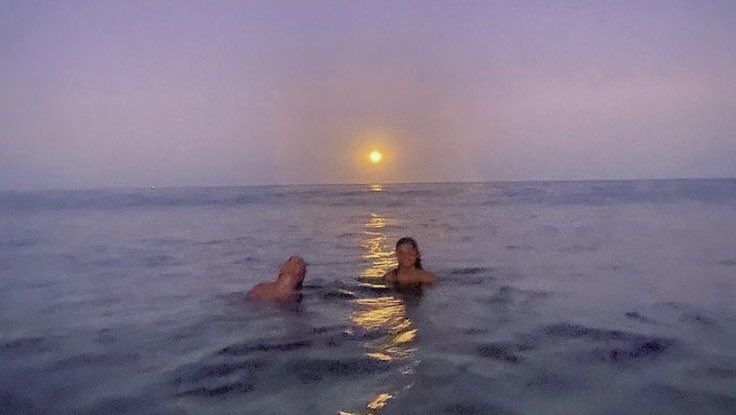This month on the blog we share five good news stories to celebrate Earth Day. From the US’ plans to expand wind power to the return of the Iberian Lynx from the brink of extinction, there’s lots of inspiring environmental stories. Check out the feature here.
This month we’re also looking at the benefits of choosing bamboo toilet paper over toilet paper made from virgin wood pulp. You’ll be surprised at how many benefits it has for our environment and you can read more here.
This month the movie My Octopus Teacher took out the award for Best Documentary Feature at the Academy Awards. The movie chronicles filmmaker Craig Foster's mission to let a curious octopus welcome him into her underwater world. But the Oscar also signifies a big win for the oceans too, read on to find out more.
Why the success of My Octopus Teacher is a win for the oceans
1 - The Oscars has a huge global platform
While the documentary was hugely popular when it came out on Netflix, the global platform the Oscars has means it will now reach a much wider audience. The win is also shining an important light on the importance of protecting the seas.
2 - The Sea Change Project
Behind the movie is a not-for-profit organization called the Sea Change Project, which was founded by Craig Foster and Ross Frylinck in 2012. The Project involves a community of scientists, storytellers, journalists and filmmakers who are dedicated to the ocean. And their work is motivating scientists, policymakers and individuals to engage meaningfully with nature and protect our oceans.
3 - Connecting humans with nature
While there are hundreds of documentaries about the environment and the ocean, this one is different. My Octopus Teacher is about a direct connection between a human and an animal. It promotes the link between humanity and the natural world.
4 - It’s a story of hope
While the facts around the threat to our oceans are sobering, this is a story of hope. We have all the tools, knowledge and opportunities we need to turn things around over the next decade. Connecting with nature and understanding that we are part of this huge ecosystem is a great starting point.
So what can we do? In order to protect our oceans, we can shop for – and demand – plastic-free alternatives to everyday items. Reducing our carbon footprint can also help make our oceans less acidic, protecting precious coral. When at the beach, resist the urge to take shells home with you, and avoid buying souvenirs made from coral or shells. Eat sustainable seafood and most importantly, explore the oceans by swimming, snorkeling, diving and enjoy reconnecting with nature.
“People protect what they love.” – Jacques-Yves Cousteau, French naval officer, conservationist and filmmaker




